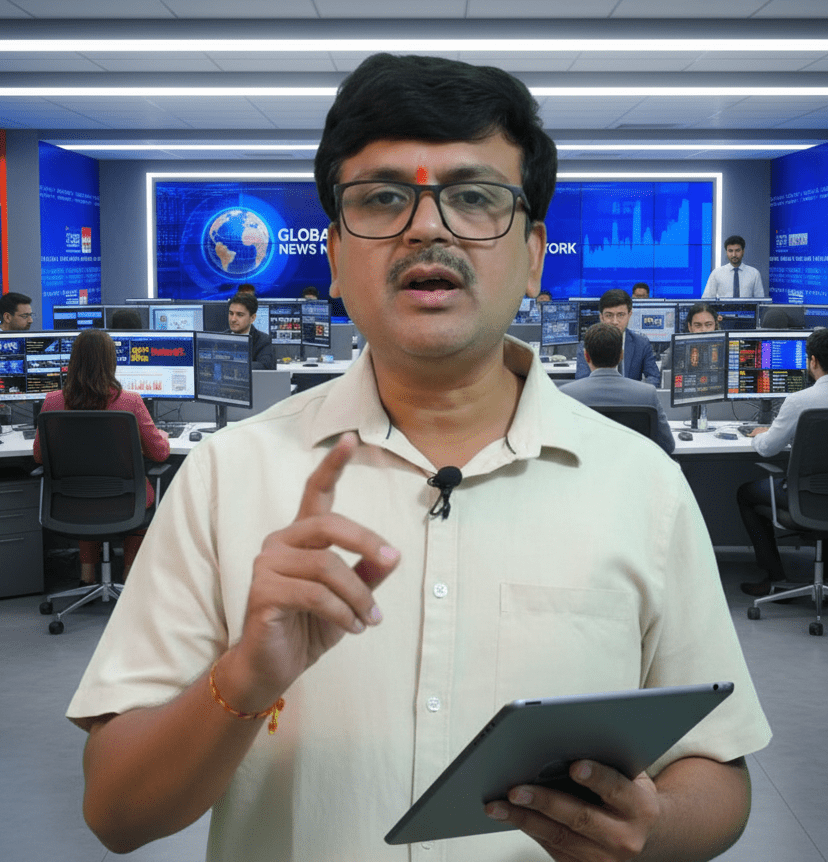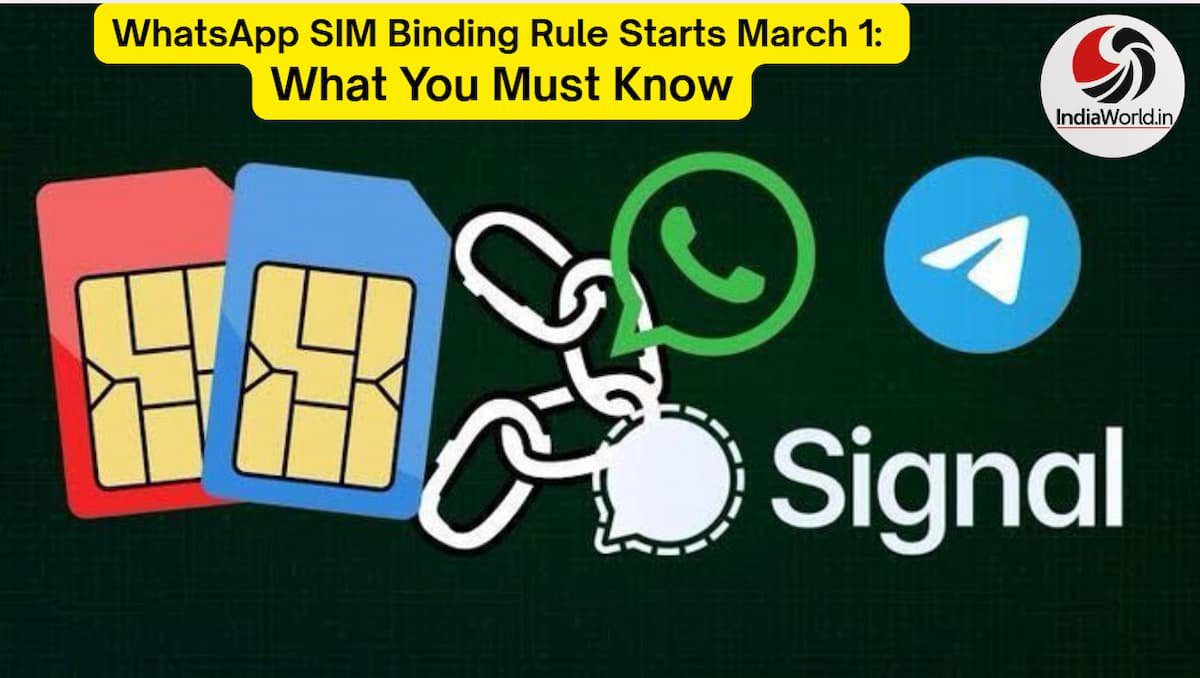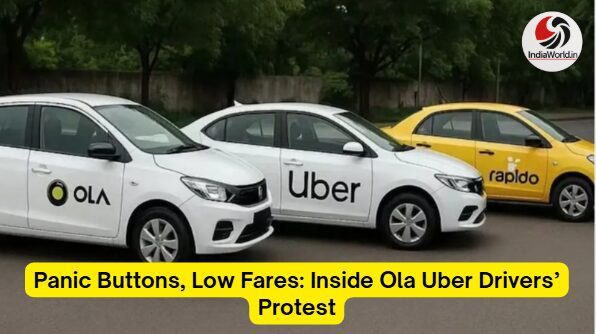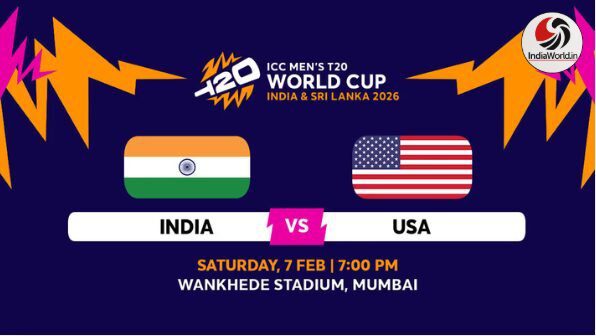Rising Anti-American Sentiment in India Amid Trump’s 50% Tariffs Sparks Boycott Cal
In response to U.S. President Donald Trump’s imposition of 50% tariffs on Indian imports, anti-American sentiment has surged across India, fueling widespread calls to boycott major American companies and their products. The tariffs, aimed at punishing India for its continued purchases of Russian oil despite Western sanctions, have ignited a national backlash, with prominent figures urging citizens to shun brands like Pepsi, Coca-Cola, McDonald’s, KFC, and Subway. This movement echoes historical “Swadeshi” campaigns, emphasizing self-reliance and local products to counter what many see as economic bullying from the U.S.
Yoga guru Baba Ramdev, founder of the Patanjali Ayurved empire, has been at the forefront of the boycott calls. In a fiery statement, he urged all Indians to completely avoid American brands, declaring, “Not a single Indian should be seen at the counters of Pepsi, Coca-Cola, Subway, KFC, or McDonald’s.” He predicted that such a unified action would create chaos in America, leading to skyrocketing inflation and potentially forcing Trump to retract the tariffs. Ramdev described the U.S. move as “political bullying and hooliganism,” adding that Trump has made a grave mistake by targeting India. “Our forefathers sacrificed their lives for political freedom; now we must fight for economic freedom and avenge this insult to a superpower,” he said. His comments have resonated widely, amplifying online discussions and aligning with broader nationalist sentiments.
Prime Minister Narendra Modi has also weighed in, reinforcing the push for self-reliance without directly referencing the boycott. In a recent address, Modi appealed to citizens to prioritize “Made in India” goods, stating, “We should buy products made with the sweat of our own people.” He emphasized following the mantra of “Vocal for Local” to safeguard the nation’s economic interests amid global uncertainties.
This call comes as Modi’s government vows to take all necessary measures to protect Indian exporters and farmers, who could face significant job losses due to the tariffs. Analysts note that the tariffs could wipe out India’s estimated $17 billion in savings from Russian oil imports since 2022, further straining bilateral ties.
Potential Impact on U.S. Companies
With India’s population exceeding 1.4 billion, a mass boycott could deliver a severe blow to American multinationals, which rely heavily on the Indian market for growth. PepsiCo India, for instance, reported revenue of approximately Rs 8,200 crore (about $1 billion) in the fiscal year 2024, making India one of its top 15 global markets.
The company has seen strong double-digit organic revenue growth in India, gaining market share in snacks and beverages, but experts warn that sustained boycotts could erode these gains rapidly. Similarly, Westlife Foodworld Limited, which operates McDonald’s in western and southern India, posted Rs 2,390 crore in revenue for the same period. Broader calls have extended to tech giants like Amazon and Apple, with social media campaigns urging Indians to switch to local alternatives.
On social media platform X (formerly Twitter), the sentiment is palpable. Users like @spectatorindex highlighted Reuters reports on boycott calls targeting McDonald’s, Coca-Cola, Amazon, and Apple, driven by business leaders and Modi’s supporters. Another post from @OsintUpdates noted the rising anti-American fervor, with patriots rallying for self-reliance.
Influential accounts such as @CaVivekkhatri proposed a structured “Boycott US Brands” movement, including a 30/60/90-day action plan to shift consumer habits and boost local economies. Posts from @Sputnik_India and @ROKZANDER echoed this, framing the boycott as an act of self-respect against perceived U.S. imperialism.
Aam Aadmi Party (AAP) Rajya Sabha MP Ashok Kumar Mittal amplified the discourse with an open letter to Trump, warning, “If 1.46 crore Indians stop buying American products, the impact on the United States would be far more severe.” He criticized the tariffs as “deeply disappointing” and urged dialogue over coercion, noting that much of the U.S. economy relies on Indian talent Analysts view this as a potential turning point in India-U.S. relations, with some X users like @ramjoshionline observing a unified Indian resolve to explore alternatives, including stronger ties with China and Russia.
Background on the Tariffs and India’s Response
The tariffs escalated on August 6, 2025, when Trump signed an executive order adding a 25% penalty to an existing 25% tariff, totaling 50%, specifically targeting India’s Russian oil dealings. Trump accused India of profiting by buying discounted Russian crude and reselling it on global markets, thereby undermining U.S.-led sanctions against Russia over Ukraine. The measures took effect on August 27, impacting sectors like agriculture, textiles, and manufacturing, potentially slashing Indian exports to the U.S. by billions and threatening millions of jobs. The Indian government has condemned the decision as “unjust and unreasonable,” promising retaliatory steps to defend public interests.
This episode has broader implications, with some X discussions warning that Trump’s approach risks alienating a key ally and pushing India toward non-Western blocs.
As the boycott momentum builds, it remains to be seen if economic pressures will prompt a U.S. policy reversal or deepen the rift.
Read also : Elon Musk’s Grok vs ChatGPT: AI Price War









